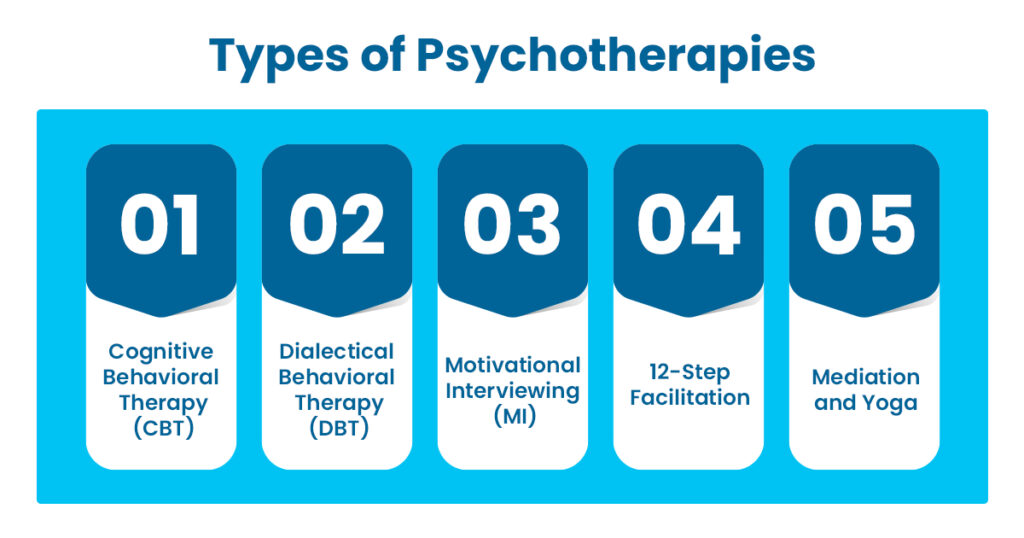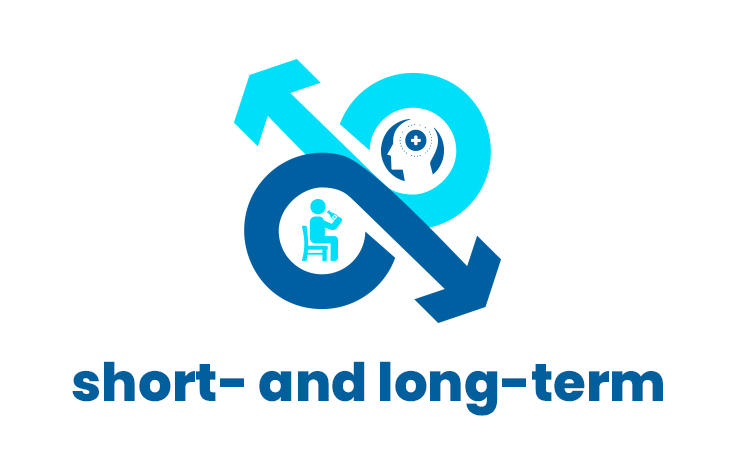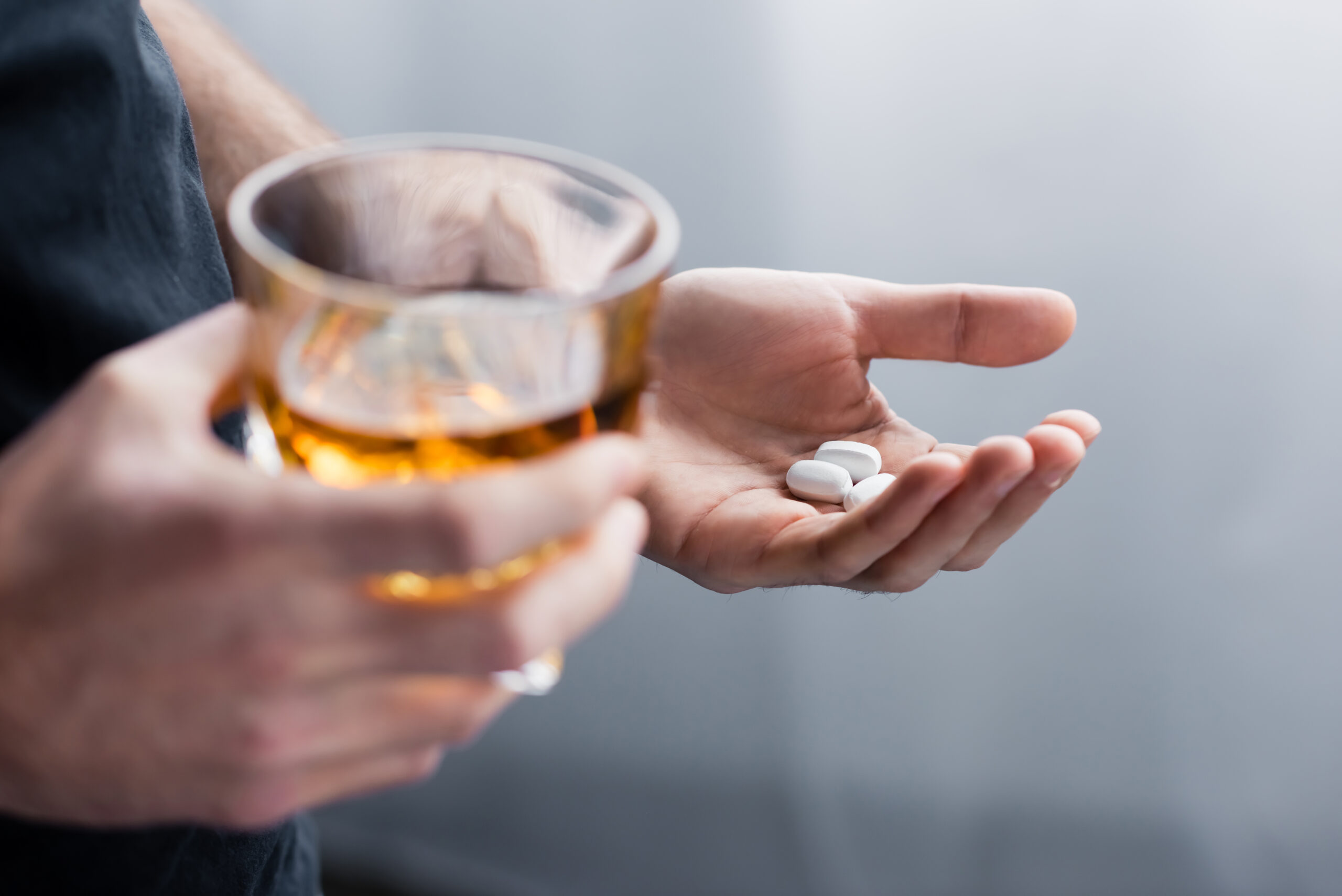Alcoholism is a mental disorder that is complex and caused by a wide array of factors. Nearly 5.1 percent of U.S. adults participate in excessive drinking, but overcoming alcoholism often requires more than simply putting down the bottle.

One of the most significant causes of addiction is mental health, which is why a good alcoholism treatment program must include therapy. Therapy can assist in addressing the underlying causes of a person’s alcohol addiction. Various methods of therapy can be utilized in the treatment of alcoholism.
However, many people question what psychotherapy in alcoholism recovery truly entails, how it works, and why it is crucial for people who wish to recover.
What is Psychotherapy?
Psychotherapy, also known as talk therapy, is the traditional method of having a conversation. During psychotherapy, a patient discusses their concerns and experiences with a skilled psychologist. A session of talk therapy might occur in a one-on-one, group, or family setting. A patient and their psychologist may address daily problems, long-standing issues, and past traumas. On the basis of psychoanalysis, psychotherapy enables a psychologist to formulate a mental health diagnosis. A psychiatrist who practices psychotherapy may prescribe medicines to patients.
In situations of alcoholism psychotherapy, a psychologist may assist the patient in better understanding and managing their cravings, as well as staying motivated to reach their recovery goals. Sessions of psychotherapy might last for several weeks or months. During psychotherapy, the psychologist and patient build a relationship based on trust, openness, and privacy.
How does Psychotherapy Works?
Psychotherapy consists of brief sessions in which a therapist and patient meet in a treatment room to address the issues at hand. A therapist may inquire about a particular event or incident, the patient’s dreams or thoughts, or any major issues they choose to bring up. Typically, a therapist will ask a few questions and then let the patient continue the conversation. It is, in a way, guided conversation therapy. Many people find it difficult to disclose themselves to a therapist, but because of their training, they have learned how to make clients feel more comfortable doing so. There is no standard process for conducting a session or determining the questions that will be asked. Depending on the patient, therapists will use different strategies for each case.
Types of Psychotherapy
A therapist may use a variety of psychotherapies to aid clients in alcohol addiction recovery. Some of these therapies include:
Cognitive Behavioral Therapy (CBT)
Cognitive Behavioral Therapy (CBT) is a proven method for easing alcoholism. The core tenet of CBT is the importance of identifying negative behaviors and thoughts and replacing them with good ones. A CBT session involves a conversation between a psychologist and a patient. CBT is a therapeutic strategy that focuses less on diagnosis and more on constructive action, such as questioning negative ideas, addressing anxieties, role-playing to improve social interactions, and developing ways to stop drinking or taking drugs. CBT is often effective after only five sessions.
Dialectical Behavioral Therapy (DBT)
Dialectical behavioral therapy (DBT) is a kind of cognitive behavioral therapy (CBT). It focuses on assisting patients in building a life worth living by employing two opposing tools: change and acceptance. This is consistent with the emphasis on change used by many 12-step programs. DBT examines the addiction problem and develops solutions by considering the patient’s social and environmental interactions and experiences.
DBT’s substance-related goals include:
- Increasing reinforcement of healthy behaviors, friends, and activities
- Avoiding opportunities and triggers associated with the use
- Decreasing substance abuse
- Reducing the physical discomfort of abstinence
- Reducing cravings and triggers for use
- Reducing behaviors that lead to use
This strategy assists patients in staying away from unhealthy coping behaviors and adopting healthier coping strategies when they confront emotionally stressful events.
As people with alcohol use problems are more likely to have mental health difficulties, DBT can be especially useful in these cases. It shows clients how to disentangle the links between a stressful environment and their behavior, paving the path for clarity in thought and action.
Motivational Interviewing (MI)
Motivational interviewing was developed to improve a person’s engagement in treatment activities and effectively reduce substance abuse. It expands on the phases of change, guiding individuals from planning a change to actively pursuing it. MI therapy can be used alone or in conjunction with other forms of treatment for alcoholism. MI is a short-term therapy that can be administered in individual and group settings.
A therapist will push you to examine the adverse effects of alcohol consumption. The focus is on why you decided to make a change in the first place. You explore any disparities between where you are, where you want to go, and how drug abuse hinders you. Efforts are made to overcome ambivalence toward recovery by addressing resistance to change.
12-Step Facilitation
A 12-Step Program is a supportive group where substance addiction concerns are openly discussed. Alcoholics Anonymous (A.A.) is the most well-known 12-Step Program, but there are also 12-Step Programs for addictions to Marijuana, Cocaine, Heroin, and even gambling.
A 12-Step Program gives mutual help to all group members, helping them to feel connected, important, and accountable for sobriety. A 12-Step Program complements other types of treatment and provides patients with something to talk about with their psychologists. The 12-Step Program is clearly effective in assisting people to achieve long-term sobriety.
Meditation and Yoga
Yoga and meditation can be useful methods for reducing cravings and staying concentrated throughout recovery. Some rehabilitation facilities even provide their own yoga and meditation classes.
Yoga is a mix of physical and mental activities. The practice of yoga does not necessarily have to involve a spiritual or religious dimension. Meditation is any method of relaxation that aids in the maintenance of emotional stability and mental clarity.
Yoga and meditation can serve as therapy for those with drug use problems, especially if the sessions are directed by a mental health professional and are used in conjunction with other therapies.
Frequently Asked Questions (FAQs)
Is psychotherapy effective for alcoholism?
Psychotherapy helps patients know how to address their moods, feelings, and ideas in a healthier and more constructive manner than with alcohol. It teaches patients how to build coping skills and tactics, respond positively to challenges, and avoid relapse.
Which therapy is most suitable for alcoholism?
Cognitive Behavioral Therapy (CBT) is a recognized way of easing alcoholism. The core tenet of CBT is the importance of identifying negative thoughts and behaviors and replacing them with good ones. A CBT session consists of a chat between a psychologist and a patient.
Which psychotherapy is most effective for addiction?
The most successful coping-focused psychotherapies are those whose approaches are supported by scientific evidence. Cognitive-behavioral therapy is the most recommended type. People with addiction issues should also check out relapse prevention programs.
What is the treatment for alcohol addiction?
There are different types of effective treatment options available for alcohol addiction. These include:
Detox
Inpatient/outpatient treatment
Behavioral treatments
Medications
Mutual-support groups
Overcome Alcohol Addiction with The Haven Detox
If you are your loved one is battling alcohol use disorder (AUD), then don’t worry; help is available, and recovery is possible. The Haven can help you recover from alcohol addiction in a safe and comfortable setting.
The Haven Detox has years of experience helping alcoholics overcome their addictions. We offer a variety of addiction treatment options to help our patients achieve physical, mental, and spiritual recovery.
Contact us at (561) 328-8627 today for any query or additional information.











